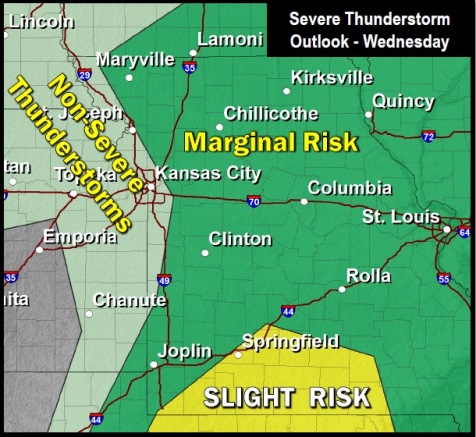Bills would allow more regulation of sales on tribal reservations
by Andy Marso, KHI News Service
The Kansas Legislature moved Monday toward ratifying agreements with American Indian tribes meant to ensure the state continues to receive money from a legal settlement with major tobacco companies.
The 1998 multistate settlement on tobacco-related Medicaid costs provides roughly $60 million a year that Kansas uses to fund children’s programs.
One of the stipulations of the settlement is that Kansas enforce taxes and regulations on small-scale tobacco manufacturers who did not join the settlement so they aren’t able to grab significant market share from the large manufacturers who did.
“That’s where the problem arose,” Rep. Don Hineman, a Republican from Dighton, said Monday on the House floor.
The state has not always diligently enforced its tobacco regulations on Internet sales and tribal lands, Hineman said.
Major tobacco companies like R.J. Reynolds and Philip Morris threatened to withhold some of their settlement payments because their market share dropped from 99.6 percent the year prior to the settlement to 92 percent in 2003.
Their grievance went to legal arbitration and a settlement was reached in 2013 that continued their payments with the understanding that states would do more to account for the small-scale tobacco sales.
Gov. Sam Brownback said last year his administration was in talks with the four tribes that have reservations in Kansas to allow for additional state regulation of tobacco sales on their sovereign lands.
Earlier this month Brownback forwarded to the House and Senate tobacco compacts with two of the tribes: the Prairie Band Potawatomi Nation and the Iowa Nation of Kansas and Nebraska.
“They comprise over 70 percent of the cigarette sales on tribal lands in state of Kansas,” Hineman said.
He said negotiations with the Sac and Fox Nation and the Kickapoo Tribe in Kansas are ongoing.
Rep. Ponka-We Victors, a Democrat from Wichita who is a member of the Ponca and Tohono O’odham tribes, said the compacts negotiated thus far establish “a framework that respects the sovereignty in both governments.”
The agreement with the Prairie Band Potawatomi Nation and the Iowa Nation passed both chambers with no dissent.
“The provisions are mutually beneficial for both the tribes and for the state,” said Rep. Nancy Lusk, a Democrat from Overland Park. “We need to have this pass, frankly, so we don’t risk losing the amount of money we’re supposed to be receiving this month for the tobacco settlement.”
The House is expected to take a final vote on the tobacco compacts Tuesday, at which point they will be available for Brownback to sign into law.
House members also are likely to take a final vote on House Substitute for Senate Bill 63, which includes a provision delaying a state sales tax on e-cigarette liquid.
The Legislature enacted the tax last year as part of a wide-ranging budget fix.
But representatives of the e-cigarette, or “vaping,” industry said the language regarding the tax was vague and did not provide enough information on how the liquid would be taxed given the many ingredients and varying levels of nicotine it can contain.
Spencer Duncan, a lobbyist representing the Kansas Vapers Association, said the state should proceed with caution to avoid stifling an industry that the association says helps people quit smoking.
“Kansas is one of only a handful of states to implement such a tax, and the few examples have had numerous issues and harmful impacts to their states and businesses because they did not take the time needed to implement rules and regulations,” Duncan said.
The association asked the Legislature to delay the tax one year from its July 1, 2016, implementation date.
Instead, the House gave initial approval to a bill that would push it to Jan. 1, 2017, to give the executive branch agencies that will have to enforce the tax more time to develop detailed regulations.
“We thought a half-year was enough,” Hineman said.
The delay is projected to cost the state an estimated $1 million in tax revenue.
House Substitute for Senate Bill 63 also includes a provision allowing a temporary sales tax exemption for the Gove County Healthcare Endowment Foundation for purchases it will make to build and equip an airport in Quinter.
Hineman said the airport will be used for medical emergencies in the remote part of the state and county leaders decided to fund it through the charitable foundation rather than property taxes.
The House’s substitute bill will need Senate approval.
The nonprofit KHI News Service is an editorially independent initiative of the Kansas Health Institute and a partner in the Heartland Health Monitor reporting collaboration. All stories and photos may be republished at no cost with proper attribution and a link back to KHI.org when a story is reposted online.
– See more at http://www.khi.org/news/article/legislature-moves-to-protect-tobacco-settlement#sthash.5YhEDfJ1.dpuf




